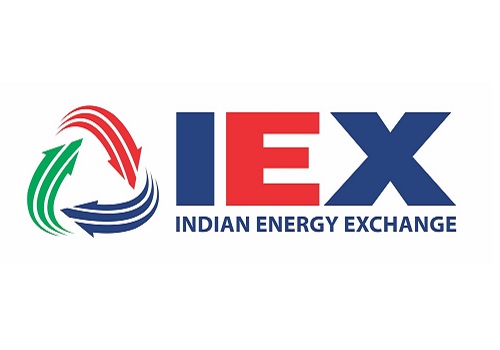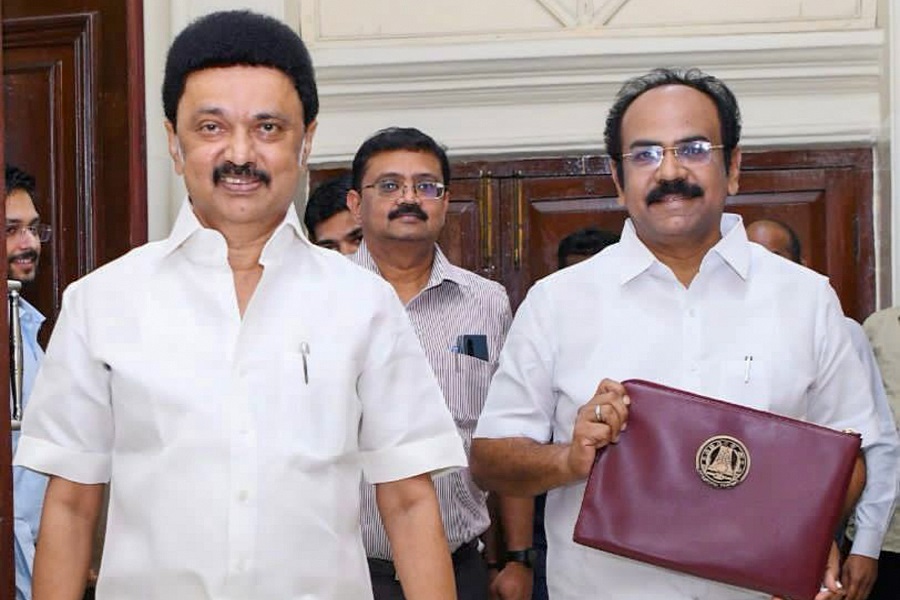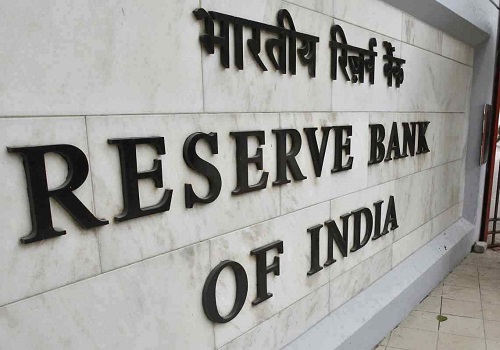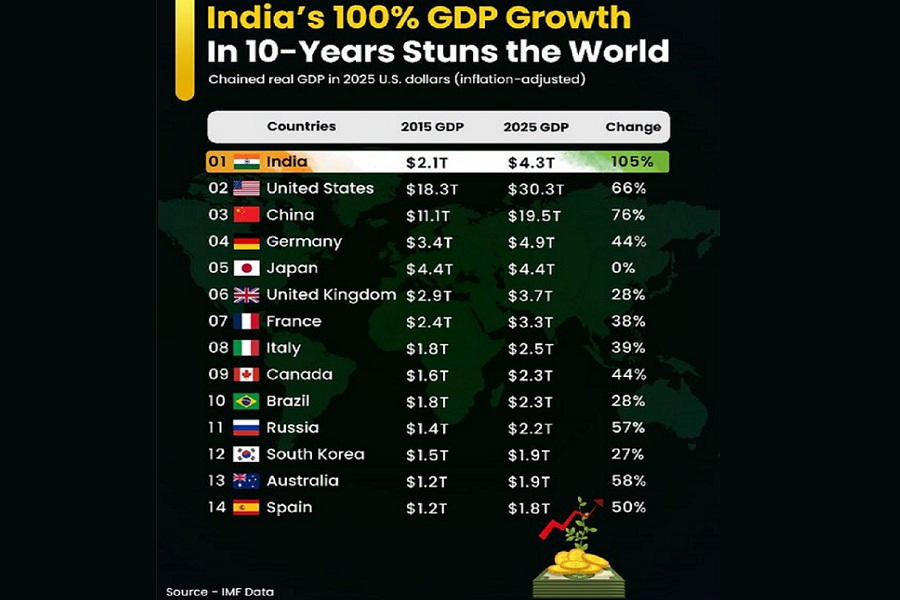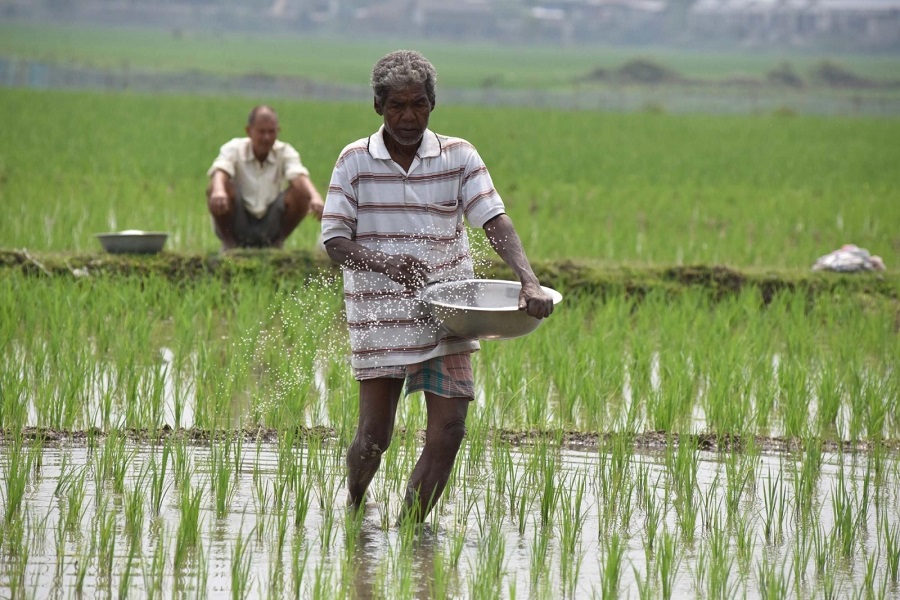Stumped by Reserve Bank of India's decision on repo rate, experts react
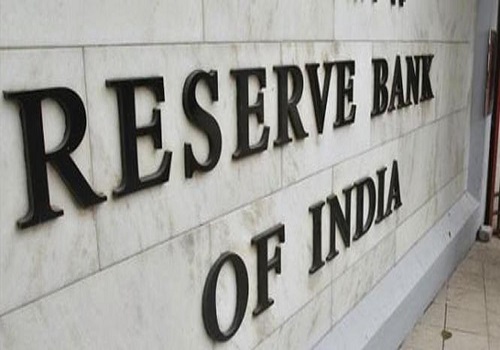
The Reserve Bank of India's (RBI) Monetary Policy Committee (MPC) certainly bowled a googly at the experts who had predicted a 25 basis points repo rate hike.
Interestingly, RBI Governor Shaktikanta Das on Thursday announced that the MPC has decided to hold the repo rate at 6.5 per cent.
Consequently, the standing deposit facility (SDF) rate will remain unchanged at 6.25 per cent and the marginal standing facility (MSF) rate and the Bank Rate at 6.75 per cent.
The MPC also decided by a majority of five out of six members to remain focused on withdrawal of accommodation to ensure that inflation progressively aligns with the target, while supporting growth.
Terming the MPC's decision as interesting, Rajani Sinha, Chief Economist, CARE Ratings said with the uncertain global environment and lingering risks to inflation, it is only apt that the Central Bank keeps the window open for further monetary policy tightening in future if required.
"However, with inflation likely to trend downwards from the current level, it is unlikely that RBI will have to hike rates further in 2023. We expect a status quo in policy rate in 2023," she said.
According to Suman Chowdhury, Chief Analytical Officer, Acuite Ratings & Research, the MPC's decision is primarily induced by the turbulence in the global banking sector brought about by the failures of a few regional banks in the US and the potential contagion risks in other parts of the world.
"In other words, it is 'wait and watch' policy being adopted for now not only on the global environment but also on the domestic inflation print. What has also helped in taking a pause decision for now is the moderation in the hawkish stance from Fed (US Federal Reserve) weakness in the US dollar and the recent improvement in India's current account position," Chowdhury added.
The likelihood of a continued pause and a pivot to lower rates in the current year is still uncertain as the RBI has highlighted the potential risks from food inflation given the uncertainty on the current year's monsoon along with a significant likelihood of the core inflation levels above 6 per cent in the near term due to resilient domestic demand, Chowdhury said.
The RBI will remain data-dependent on setting rates. It will also now want to carefully evaluate the consequences of a cumulative 250 bps rate hikes since May 2022, which has been the fastest pace of hikes in the past decade, said Dharmakirti Joshi, Chief Economist, CRISIL.
Monetary policy typically impacts real economy with a lag of 3-4 quarters, and the full impact is expected to slow growth and moderate inflation in fiscal 2024. The RBI is likely to respond by cutting rates towards the end of fiscal 2024, Joshi said.
Curiously, it was Churchil Bhatt, Executive Vice President & Debt Fund Manager, Kotak Mahindra Life Insurance Company, who had predicted that the MPC would hit the pause button.
"We expect a pause in the April 23 MPC meeting with no change in stance. Forward guidance by the MPC, if any, may be open ended, leaving room for deft manoeuvrability depending on evolving circumstances in the global and domestic economy," Bhatt had said.
Reacting to the MPC's Thursday decision as per his prediction Bhatt said it is a reflection of the economic uncertainties surrounding policy making today.
"Bond market narrative will now shift focus on how long will the MPC need to persist with existing tightness in monetary policy. In absence of a major global event, we expect an extended pause in domestic repo rate," Bhatt said.
The State Bank of India (SBI) also expected the MPC to hit the pause button.
"We expect the RBI to pause in April policy... It has enough reasons to pause in April. There are concerns of a material slowdown in the affordable housing loan market and financial stability concerns taking centre stage," said SBI's research report titled, 'Prelude to MPC Meeting'.









